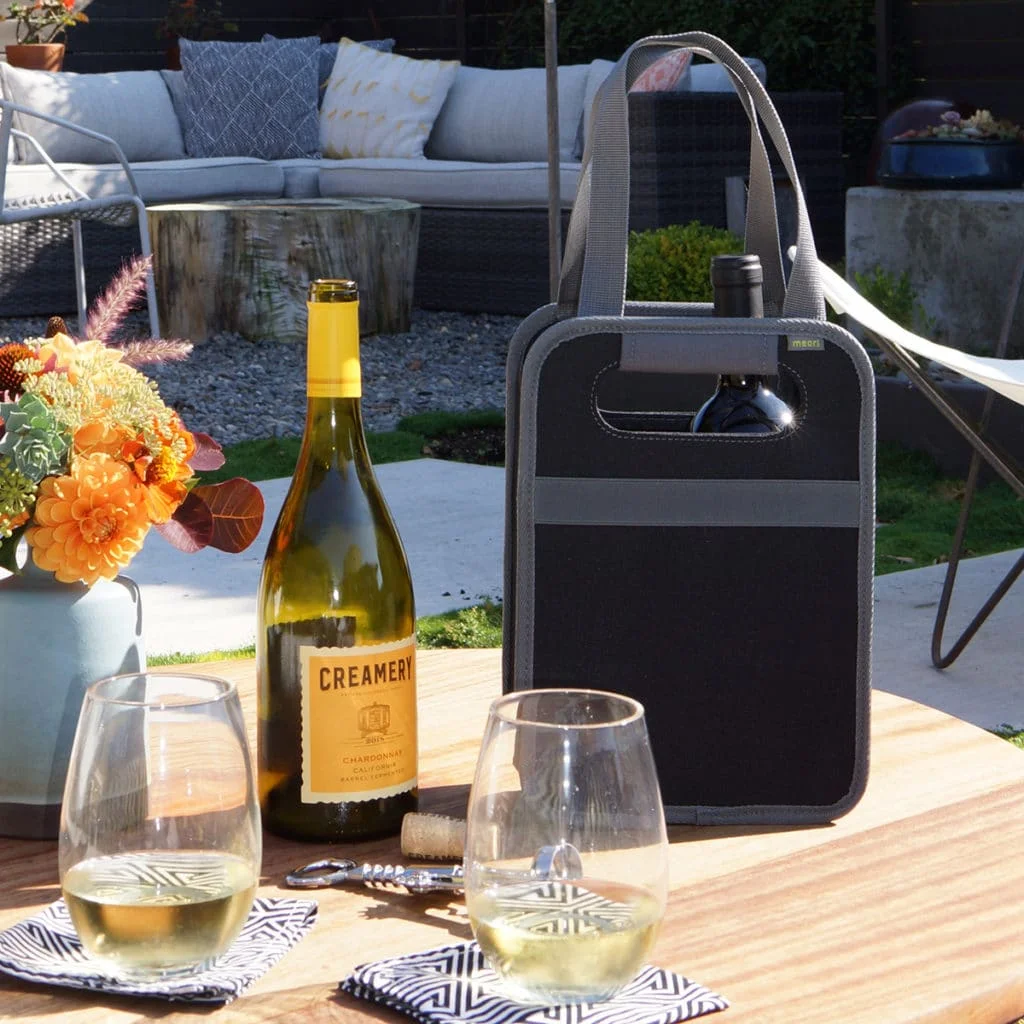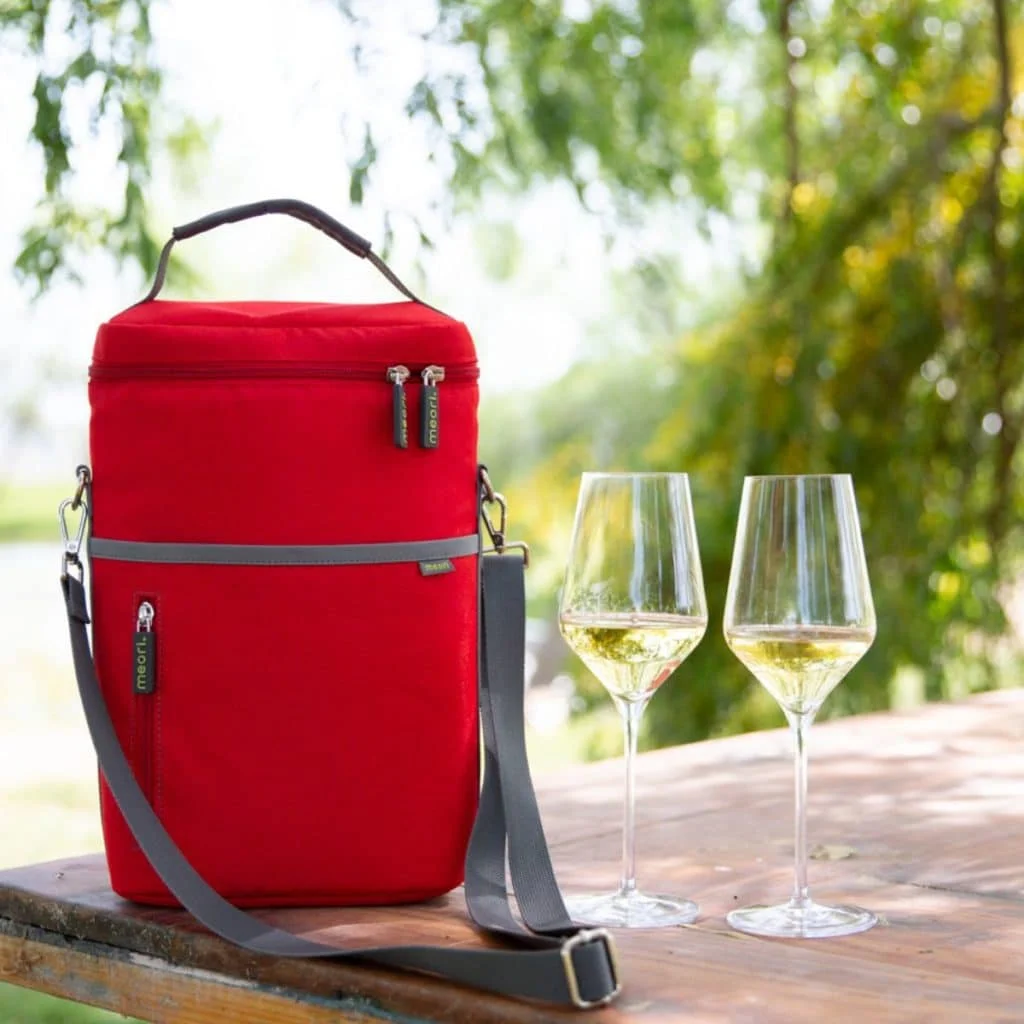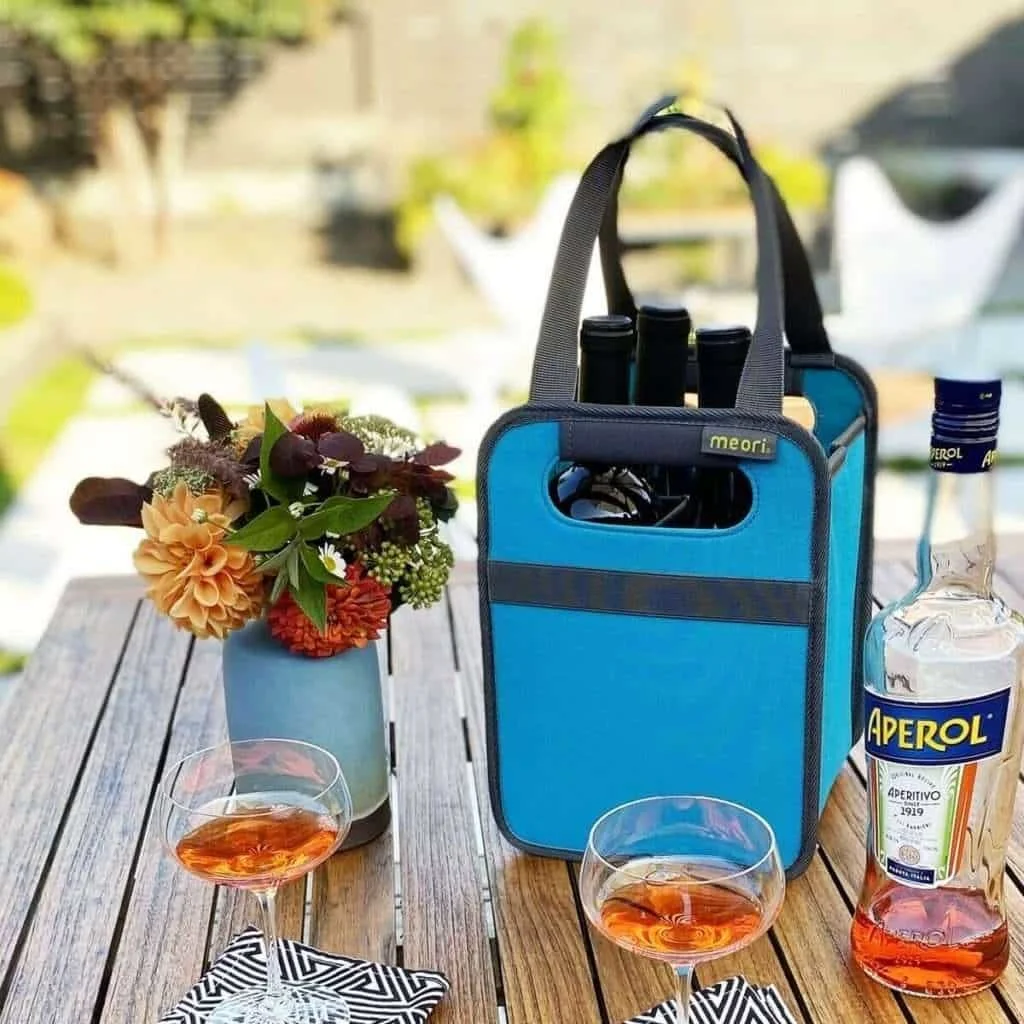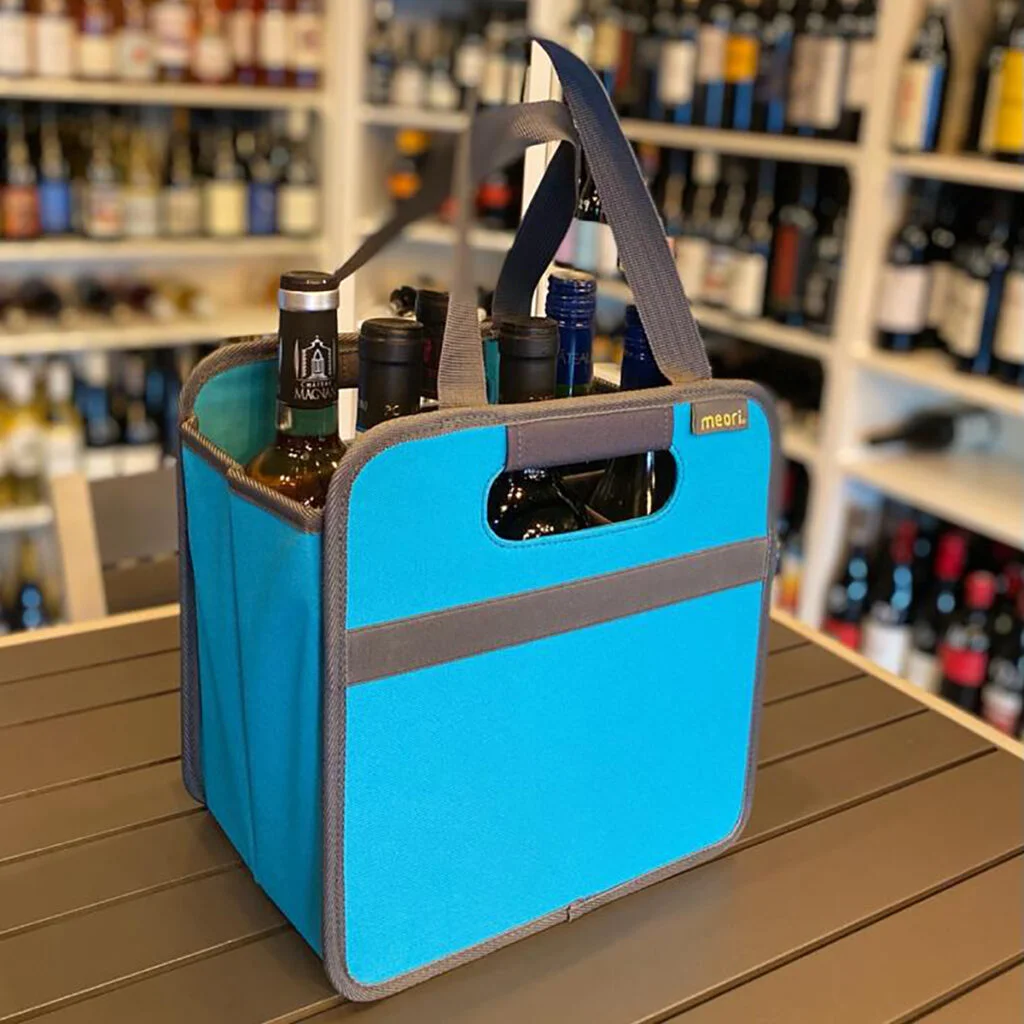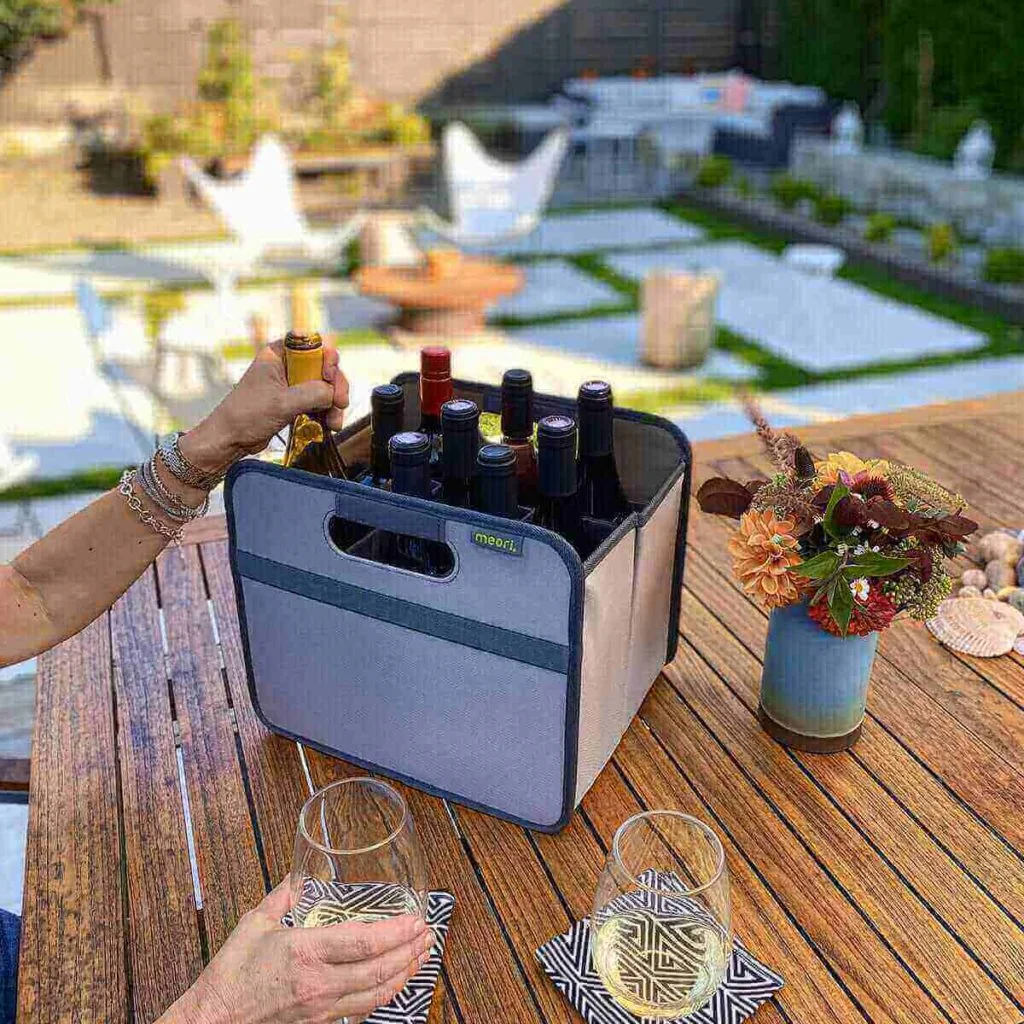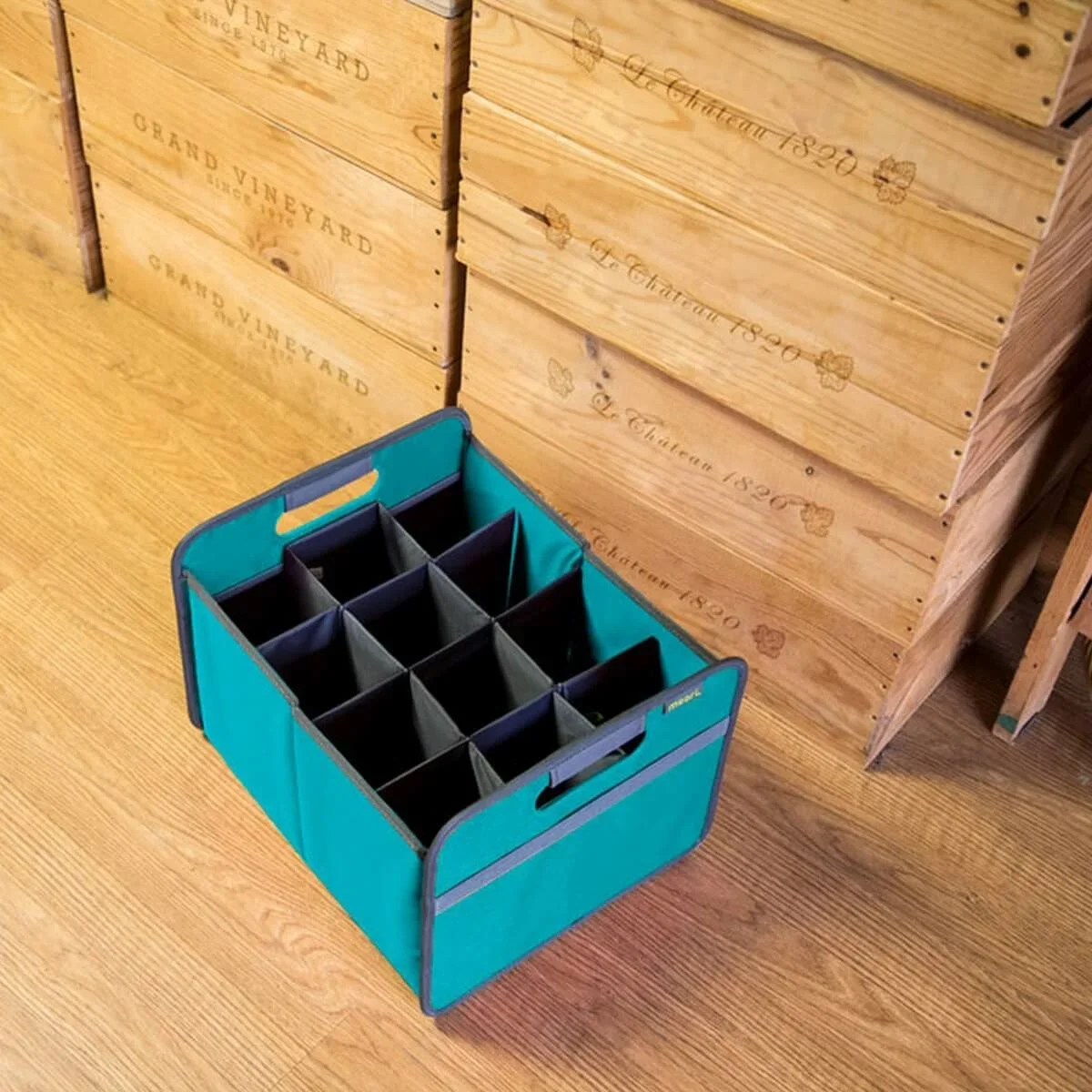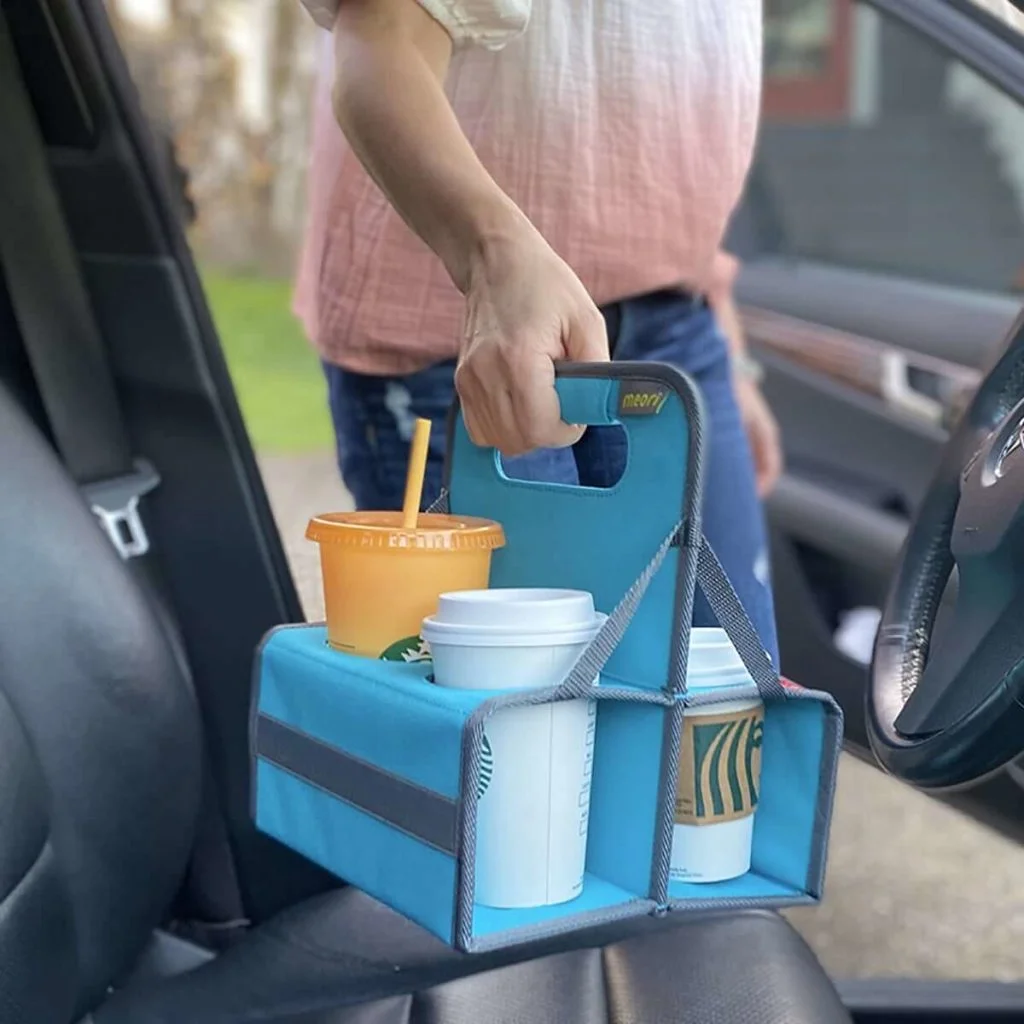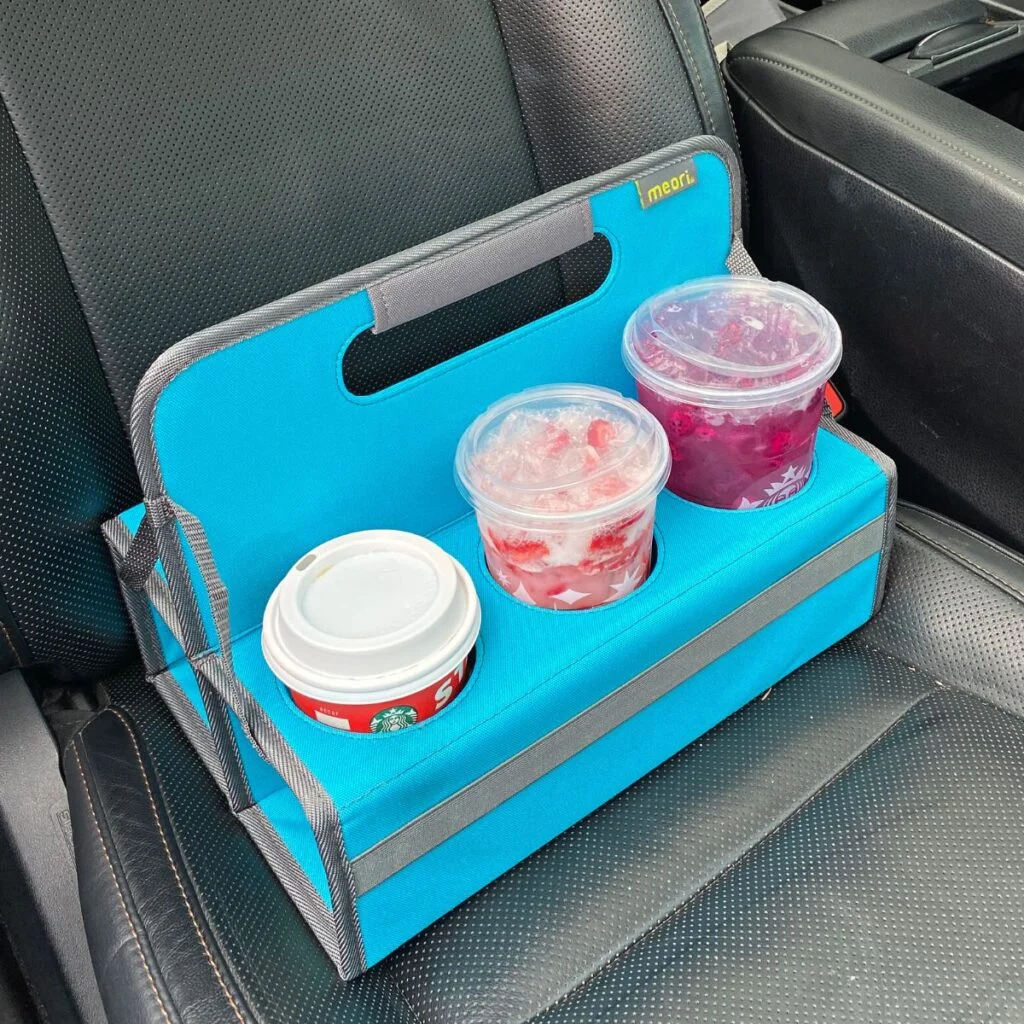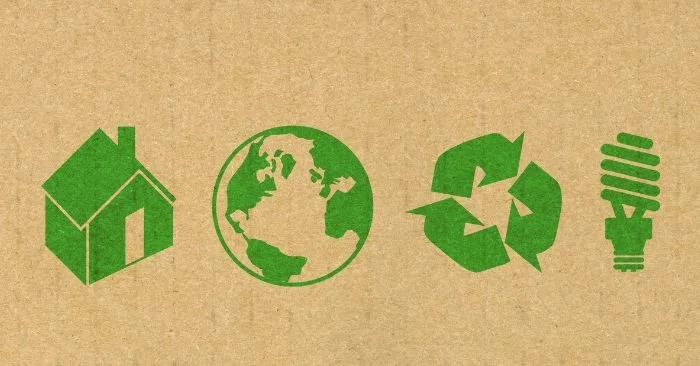Living greener starts with understanding some of the issues we all face. For instance, did you know that most of the plastic that has ever been produced is still in the environment? This means it’s choking the oceans, seeping toxic chemicals into the soil and occupying staggering amounts of space in landfills. Only a small percentage of this plastic is actually destroyed, transformed into something else, recycled or actually reused by the consumer.
It doesn’t have to be this way. Everyone can do their part to reduce plastic bottle waste in the environment by using a Berkey water filter and limiting plastic water and other beverage bottle use as much as possible. This includes using a washable, refillable beverage container instead of disposable plastic water bottles.
This is especially important with the emerging danger to the environment and human and animal health posed by microplastics. These highly toxic compounds occur from a variety of plastics and may be associated with:
- Inflammation, which may lead to diseases such as cancer, diabetes and Alzheimer’s
- Autoimmune diseases such as lupus, rheumatoid arthritis and psoriasis
- Chronic diseases like heart disease and hardening of the arteries
Besides reducing the use of plastics in your home and workplace, there are many other simple things you can do to live a greener lifestyle. Some of these things may seem small and like they wouldn’t help much, but if everyone works together they could make a huge difference.
Don’t Waste Water!
This may seem obvious, but conserving water isn’t just about not leaving the outdoor water hose on all day. Every drop really does count.
1. Don’t leave the water running while brushing your teeth. This can save as much as several quarts of water every time you brush.
2. Showering instead of bathing uses at least half as much water. You can also place a large bucket in the shower to catch water as it warms up. Use this to water plants or for household chores.
3. Fix dripping taps and other indoor and outdoor water leaks. This can save gallons of water in a single day! Indoor water leaks may also lead to damaging mold growth in the home and expensive removal and remediation later on.
4. Use dishwashers and washing machines only when loads are full.
5. Install water-saving toilets and fixtures. A large barrel outside can catch rainwater for later use for outdoor water needs.
6. Consider composting organic waste like food scraps instead of using the garbage disposal. Composting creates a type of rich topsoil that can be later used to nourish plants.
7. For stubborn stuck-on food in pots and pans, a soak overnight will make them easy to clean the next day and save gallons of water that would have been used to try to clean them sooner.
Other Eco-Friendly Tips: Sustainable Living
1. Look for paper packaging. Paper is highly recycled, can be easily made into other packaging and is biodegradable. The same paper in a container can be reused many times over!
Paper containers can also be repurposed at home for wrapping gifts, storing items and organizing everyday things like pens, keys and small tools.
2. Buy reusable shopping bags and use them instead of plastic bags.
3. Bring your own reusable container and coffee carrier when buying coffee and other beverages.
4. Donate unwanted items in good condition.
5. Separate recyclable items from garbage. Most cities have containers for this.
6. Buy produce from local markets.
Greener Living Starts at Home
Here are some ways to increase your use of sustainable energy in the home, reduce your carbon footprint and save money at the same time!
1. Install solar panels. These convert energy from the sun’s rays into electricity for your home. These panels don’t contribute to air pollution and may reduce carbon output by as much as a ton per year for a single household.
2. Don’t toss old electronics and batteries. These contain toxic chemicals that can leach into the soil and groundwater if placed in landfills. Take them to a recycler near you.
3. Using energy-efficient light bulbs can deliver as much as 12 times the lighting power as traditional bulbs. This also saves money in the long run.
4. Install a smart thermostat. This can be controlled from any smart device. Over time, these thermostats “learn” the heating and cooling requirements of your home and can operate air conditioners and heaters at the correct temperature and only when needed.
5. A poorly insulated home can allow nearly half of warm or cool air to escape. Since warm air rises, much of it can escape through a roof with faulty insulation. Make sure your home’s walls, floors and roof are correctly insulated and use thick, folded rugs under outside doors and windows to keep heat and cold out.
Double and glazed windows use argon gas and metal oxide technology to further insulate your home. These may cost more to buy initially, but they will save money in the long run.
Microplastics from Clothing
Dangerous microplastics don’t just come from cigarette filters and plastic bottles. Synthetic fibers (like polyester) contain them, too, and these are shed when clothes are machine washed and dried. Consider washing this clothing only when necessary instead of just mindlessly tossing them in the machine. If you only wore the item briefly and it’s not stained, maybe it just needs to air out on a hanger.
Wearing cotton shirts underneath synthetic fiber clothing will also keep it cleaner longer. By law all clothing must state what materials it’s made from on the label.
Even better, stop buying and wearing synthetic material clothing altogether. Try natural fabrics instead.
Biodegradable Cleaners and Personal Care Products
These are products that break down into the natural elements from which they’re composed without releasing harmful chemicals. These include personal care items like shampoo and soap, laundry detergent, makeup, men’s care products like shaving supplies, diapers, women’s sanitary pads and tampons and even bamboo toothbrushes!
These products may also be gentler on the skin than non-biodegradable ones. You can make your own green laundry soap, dish soap and personal care products at home. You’ll save money and recycle glass and plastic containers yourself at the same time. Recipes and ideas are readily available online.
Living Greener
The suggestions here are only a start. For living a green lifestyle to actually help clean and preserve our Earth, everyone must work together. It may seem unfair that many major corporations pollute the environment much more than you do, but there are many more people than corporations. Every person counts. Do everything you can. Conservation of the Earth really does start with you.
meori is a family-owned business that’s here to help you organize life sustainably. Let us know if you have any questions! Need the right storage solutions to organize your home? We’ve got you covered. Browse our online store today to start shopping.

